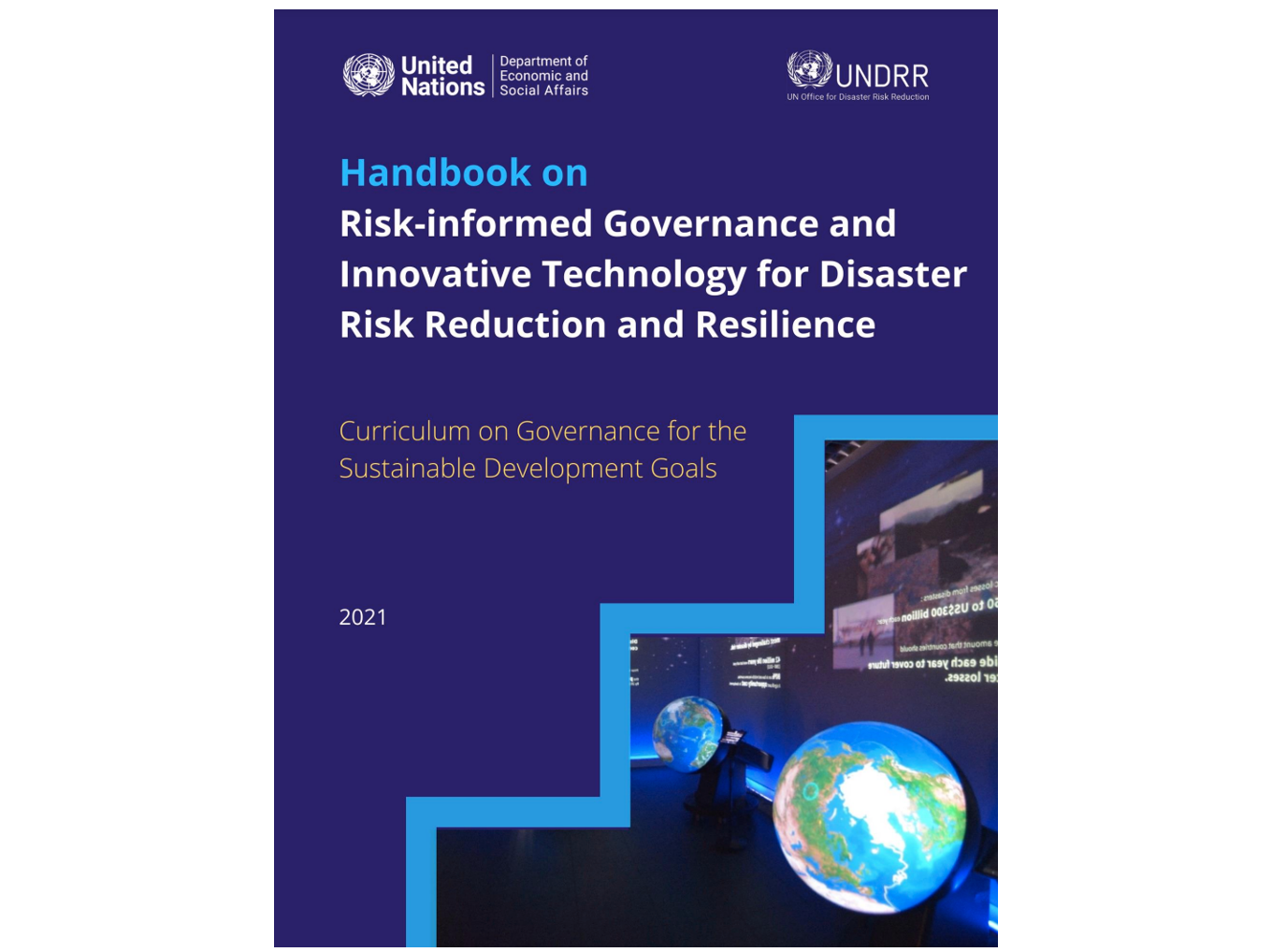| Policy Briefs | Digital Government
UN/DESA Policy Brief #123: Sandboxing and Experimenting Digital Technologies for Sustainable Development
From innovation hubs and policy experiments to regulatory sandboxes
Digital technologies carry a promise to fast track sustainable development by supporting innovative, forwarding-looking policies and digital government solutions. There are,…
| Policy Briefs
UN/DESA Policy Brief #117: Building the Capacities of Public Servants to Implement the 2030 Agenda
The 2030 Agenda recognizes that capacity in governments at all levels is critical to steer and support the transformations which it calls for. Thus, public servants at all levels of government need the capacity to successfully implement, follow up…
| Policy Briefs | Public Institutions
UN/DESA Policy Brief #116: A view of Changes in Institutional Arrangements for SDG Implementation at the National Level Since 2015
Five years after the adoption of the 2030 Agenda for Sustainable Development, with one third of the implementation period of its 17 Sustainable Development Goals having elapsed, it is important to take stock of relevant institutional arrangements at…
| Policy Briefs | Local Governance | Public Institutions
UN/DESA Policy Brief #115: Horizontal and vertical integration are more necessary than ever for COVID-19 recovery and SDG implementation
Horizontal and vertical integration are more necessary than ever for COVID-19 recovery and SDG implementation
Summary
By putting stress on national socio-economic systems, the COVID-19 pandemic has exposed new tensions and trade-offs among policy…
| Policy Briefs | Participation and Accountability | Public Institutions
UN/DESA Policy Brief #114: Connecting the Dots: The Still Elusive Synergies Between Accountability Institutions and the Follow-up and Review of the Sustainable Development Goals
The 2030 Agenda highlights the importance of the follow-up and review of the Sustainable Development Goals (SDGs) as an accountability mechanism and sets clear principles to guide it. Accountability institutions such as parliaments and supreme audit…
| Handbooks | Digital Government | Public Service Innovation
Handbook on Risk-informed Governance and Innovative Technology for Disaster Risk Reduction and Resilience
This Handbook is developed based on the Traning of Trainer Toolkit on Risk-informed Governance and Innovative Technology for Disaster Risk Reduction (DRR) and Resilience. The overall learning outcome of this training toolkit is to meet the…
| Handbooks | Digital Government
Digital Government Capability Assessment
The Digital Government Capability Assessment (DGCA) is a six-dimension framework of enablers to engage governments in discussions towards digital government transformation. Considering that digital government requires a multifaceted response from…
| Policy Briefs | Digital Government
UN/DESA Policy Brief #92: Leveraging digital technologies for social inclusion
Leveraging digital technologies for social inclusion
Key messages
COVID-19 is accelerating the pace of digital transformation. In so doing, it is opening the opportunities for advancing social progress and fostering social inclusion, while…
 欢迎来到联合国,您的世界!
欢迎来到联合国,您的世界!



